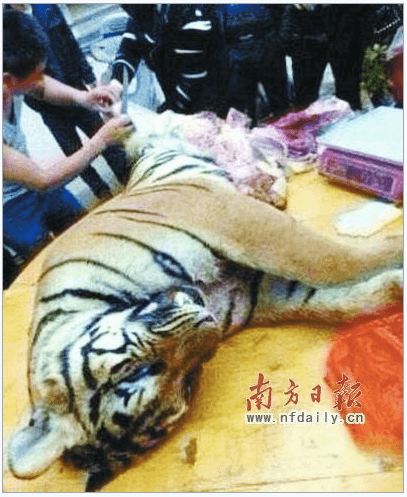Eagles Nest Wildlife Hospital in north Queensland was recently in the news when it adopted two rare albino kookaburra chicks. The Epoch Times talked to Harry Kunz, founder of Eagles Nest, about his passion for Australian wildlife.
Australian Wildlife—Albino Kookaburras Find Home at Eagles Nest Wildlife Hospital (Photos)
Eagles Nest Wildlife Hospital recently adopted two albino kookaburras. The Epoch Times talked to founder Harry Kunz about his passion for wildlife.
|Updated:





